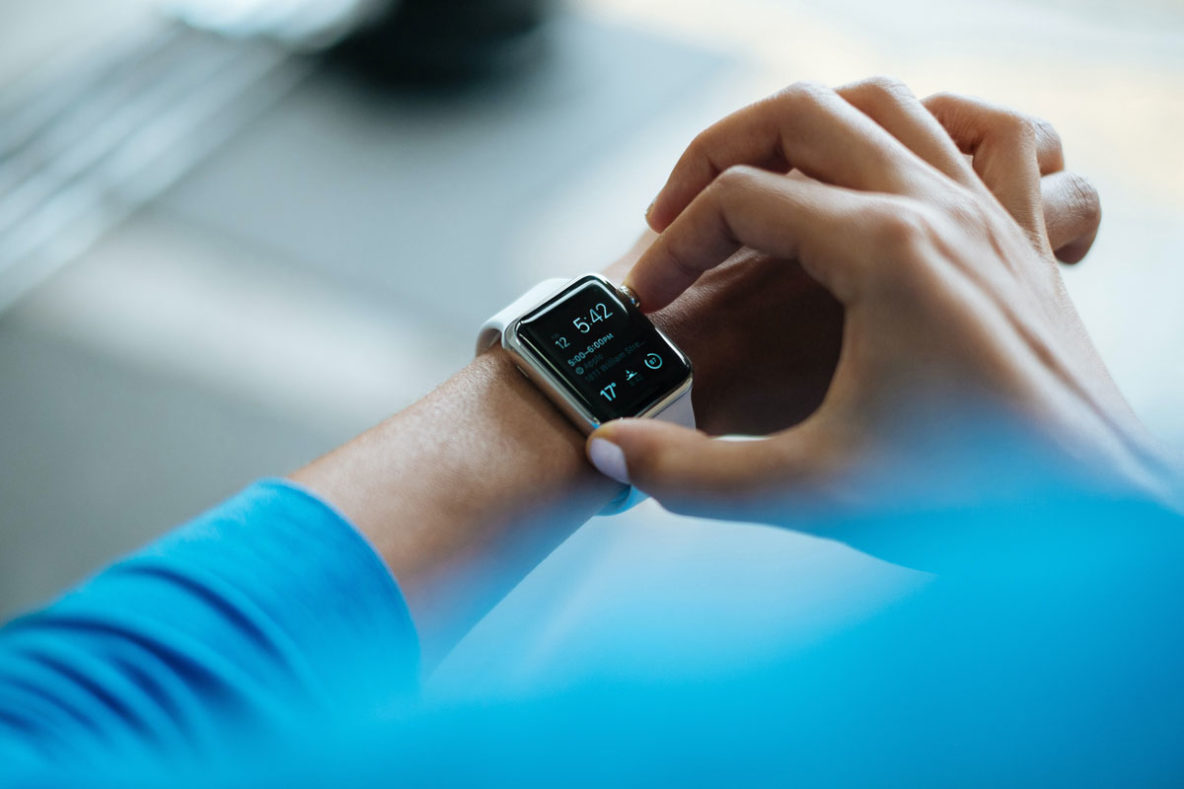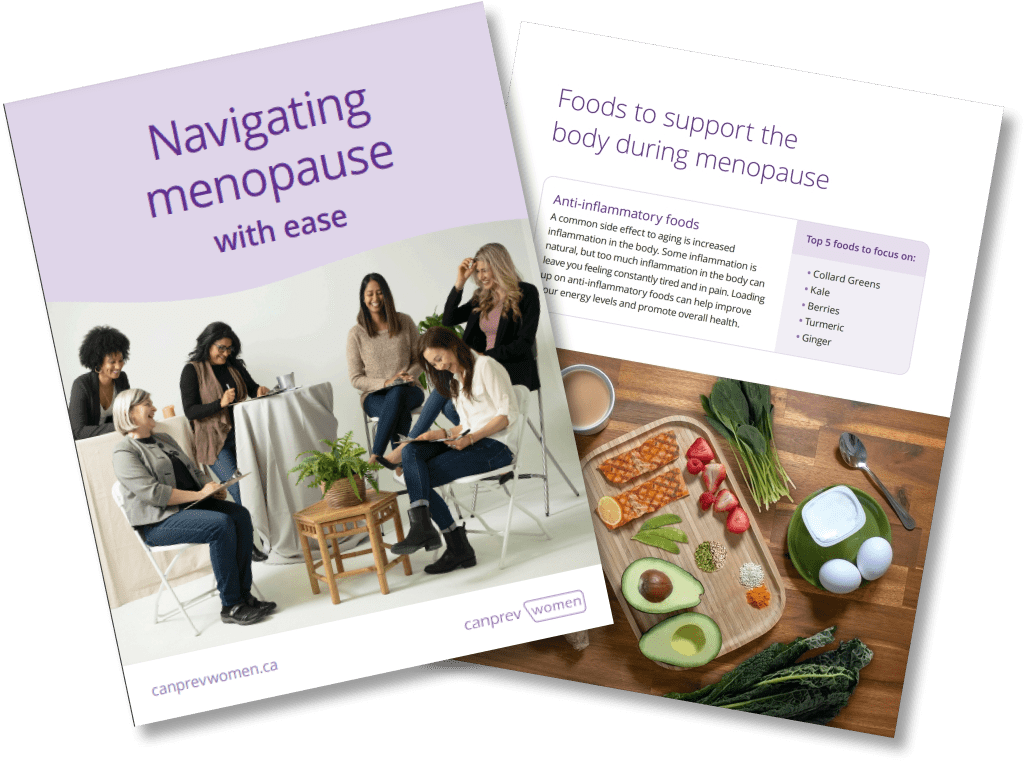It’s that time of year again – Daylight Saving Time (DST). Changing our clocks back or pushing them forward by an hour is a regular part of our seasonal routine. But have you ever thought of how this shift affects your body?
While a one-hour change isn’t going to have a tremendous impact on your overall health, it can actually throw the body and its systems off in a temporary loop. And this can look different when it comes to women’s health. So, let’s get into all things DST and how you can support your body’s wellbeing during this time.
What is daylight savings?
Daylight Saving Time is a practice where clocks are moved forward one hour from Standard Time during the summer months and changed back in the fall. This period begins in March and ends in November.
Why do we do this? This practice is intended to give us the opportunity to make better use of natural daylight. For example, moving clocks forward in March provides us with more daylight during summer evenings. And changing clocks back in November gives us more daylight during the cold winter mornings.
What impact does it have on women’s health?
Altering the time interferes with the general routines our bodies are used to. In other words, it throws off our internal body clock or circadian rhythm. And this naturally affects our sleep schedules, menstrual cycles, fertility, and more.
Sleep
Melatonin is the body’s sleep hormone and is what tells us when to sleep and when to wake up depending on daylight. Essentially, it regulates our circadian rhythm. When we set our clocks forward or back, the amount of melatonin that’s released can be altered.
The time change experienced during DST can delay your sleep-wake cycle, making you feel very fatigued in the morning and alert in the evening. If you’ve ever felt very tired, and almost a sense of jet lag the morning after you switch your clocks, this is why. As a result, this circadian misalignment can accumulate and cause you to get into a loop of not getting enough sleep on a regular basis, ultimately going on to affect other parts of your body.
Menstrual cycle & fertility
It’s no secret that not getting sufficient rest throws off other cycles within your body. This includes your reproductive health as well. Specifically, a change to your circadian rhythm and sleeping patterns affects your reproductive hormones, which can influence menstruation, ovulation, and fertility.
This is because shorter sleep cycles are known to affect the timing of the luteal phase of the menstrual cycle. This is the phase that comes right before your period. And as a result, this can alter the timing of your ovulation, the time when you are fertile, ultimately changing the window when you can get pregnant. While the one-hour shift during DST doesn’t directly impact your reproductive health, it has the potential to do so indirectly through a change in your sleep schedules.
Overall wellbeing
Apart from slight disruptions to your sleep and reproductive cycles, DST can also cause a change to your eating patterns. This is because when we go back or forward one hour, it can create a hormonal imbalance, where there’s an increase in ghrelin (the hunger hormone). This can make us feel hungrier than usual and cause us to give in to our cravings.
Additionally, a change in sleeping patterns during DST can cause your blood pressure to increase. When we lose sleep, the sympathetic nervous system tends to go into overdrive. This puts more stress on the body, ultimately resulting in increased blood pressure levels.
What can you do to support your body during this time?
Your body just needs a little more attention and self-care during this time. This means making changes to your lifestyle and diet in a way that can support your body.
Lifestyle habits
Here are a few tips to ease your body into the time change:
- Prioritize sleeping a little earlier the night before you change your clocks. This can help you feel less tired the next morning.
- Go easy on yourself when you wake up in the morning. And give yourself extra time to adjust to a new internal clock.
- If your period is slightly delayed, don’t panic! To help regulate your cycle, you can try taking a supplement such as CanPrev’s Healthy Hormones. This formula is designed to stabilize menstrual cycle irregularities and provide you with relief from PMS.
Diet
Remember how we mentioned that you might be feeling hungrier during this time? Try to load up on foods that are filling to keep you satisfied for longer. This includes foods that are rich in protein and fibre. Some great options to incorporate into your diet are:
- Boiled potatoes
- Eggs
- Oatmeal
- Fish
- Soups
Daylight savings time shouldn’t affect your overall health too much if you’re aware of its impacts, specifically the slight changes it can cause to your body’s sleep and reproductive health. While the effects should not last more than a week, it’s important to understand how to support your body during this time to get you back into a regular routine. So, sleep a little longer, eat filling foods, take a breath, and relax!
Sources:
Daylight Saving Time 2022: When Does the Time Change?
Daylight Saving Time
Can Daylight Saving Time Affect Your Period?
How Daylight Savings Time Affects Your Menstrual Cycle
5 Ways Daylight Saving Time Affects Your Health
15 Foods That Are Incredibly Filling



